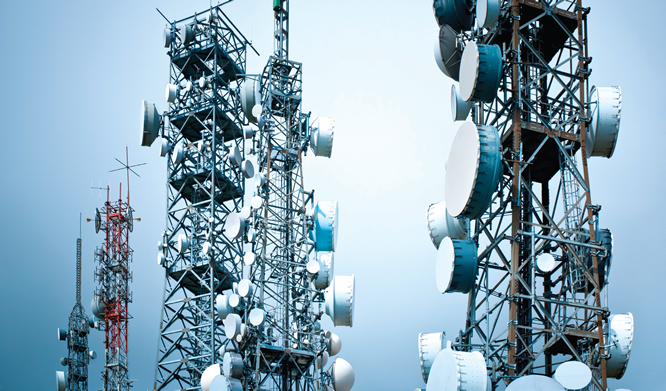Telecom subscribers across Nigeria have decried the deteriorating quality of network service despite the fifty per cent tariff hike approved earlier this year, which operators had promised would translate into better connectivity and faster internet speeds.
From Lagos to Abuja and Port Harcourt, users of MTN, Airtel, Globacom, and 9mobile have reported frequent call drops, poor data speeds, and prolonged service outages, raising concerns about value for money in a sector worth trillions of naira.
“This is not life, I swear. There’s no service in my sitting room or kitchen—only in my bedroom, and sometimes none at all. You can’t even enjoy the data you pay for,” lamented Tolu, a Lagos resident.
Another subscriber, John, said he had to switch between three networks just to transfer money via mobile app last weekend. “Every single day, at some point, the network just disappears. It’s becoming unbearable,” he said.
Operators, however, blame the poor quality of service on widespread fibre-optic cable cuts, vandalism, and infrastructure disruptions, which they say have drained billions of naira in repairs and lost revenue.
An official of one major operator told NATIONAL ECONOMY that “it is not in the interest of any telecom company for service to be poor. Every outage means lost revenue, but constant fibre cuts and site vandalism have made service stability very difficult.”
The Nigerian Communications Commission (NCC) confirmed the worsening trend, disclosing that telecom firms now record an average of 1,100 fibre cuts, 545 access denial cases, and 99 theft incidents weekly, which threaten service delivery and national security.
“These are not just numbers. They reflect a national emergency,” said NCC Executive Vice Chairman, Dr. Aminu Maida. “Every fibre cut or sabotage results in dropped calls, failed transactions, and economic loss.”
Despite the government’s 2024 gazette declaring telecom infrastructure as critical national information assets, vandalism persists. Industry stakeholders say the joint committee between the Federal Ministries of Works and Communications formed to prevent damage during road construction has yet to make tangible impact.
As subscribers’ frustration grows, experts warn that unless operators and regulators take stronger protective measures, Nigeria’s digital transformation goals could face serious setbacks.





